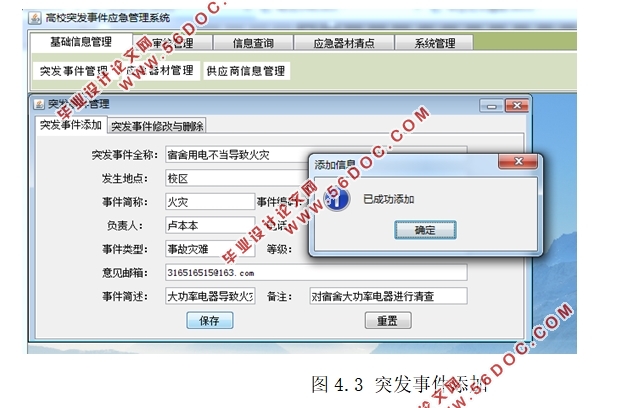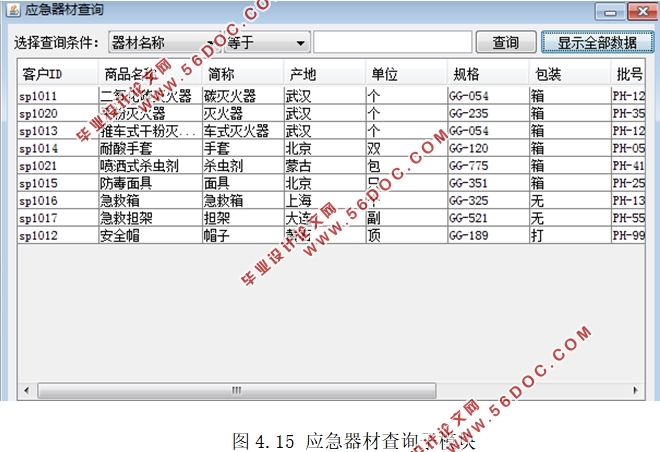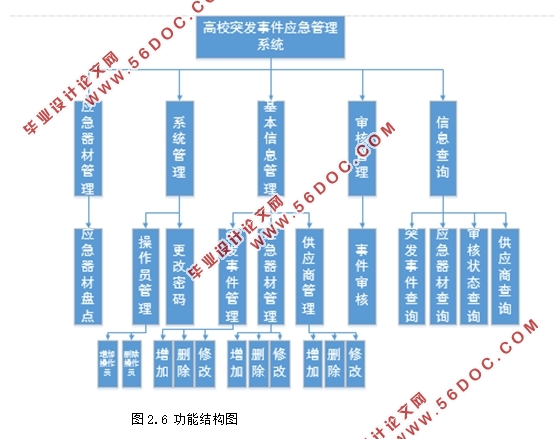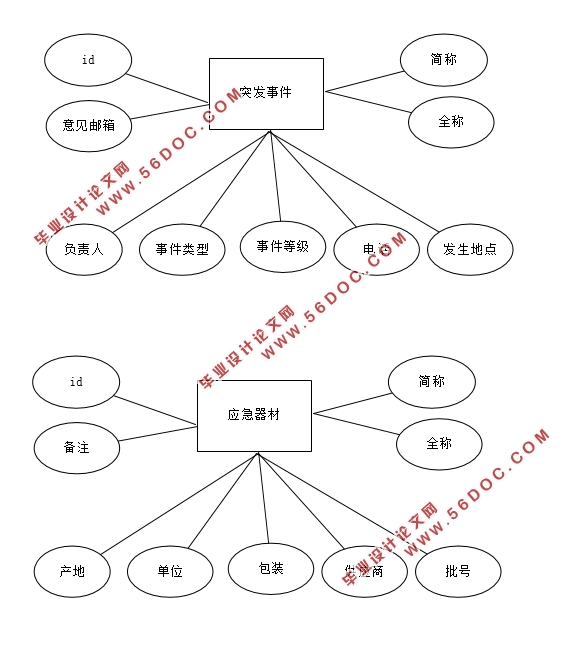高校突发事件应急管理系统的设计(Eclipse,SQLserver)(任务书,开题报告,论文说明书11000字,程序代码,SQLserver数据库)
摘 要
本文就高校突发事件管理背景和国内研究现状入手,通过借鉴国外研究现状,结合现有的理论基础,进行了高校突发事件应急管理的研究。主要论述了系统的可行性分析,系统的数据库设计,代码设计,输入输出设计以及系统的测试与实施。高校突发事件应急管理系统旨在构建一个科学有效的高校突发事件应急管理系统,以最快的反应处理速度来应对突发事件,以达到一个减少事件带来伤害的效果。
突发事件应急管理系统界面简洁友好。采用有开源式的java语言编写,具有很好地稳定性和拓展性,配合良好的s q l server数据库,达到一种系统结构稳健,系统功能强大的系统。
该系统主要包括了突发事件的增删查改,以及对该突发事件审核状态的一个确定登记,还有关于审核状态的查询。
关键字:高校 突发事件 应急管理
Abstract
In this paper, the background of the management of emergencies in colleges and universities and the status quo of domestic research, through the use of foreign research status, combined with the existing theoretical basis for the emergency management of college emergency research. It mainly expounds the feasibility analysis of the system, the database design of the system, the code design, the input and output design and the system testing and implementation. The emergency management system of college emergencies aims to construct a scientific and efficient college emergency management system, with the fastest response speed to deal with emergencies, in order to achieve a harm to reduce the effect of the incident.
Emergency management system interface is simple and friendly. Using open source java language, with good stability and scalability, with a good sq l server database, to achieve a sound system structure, the system powerful system.
The system mainly includes the addition and deletion of emergencies, as well as a confirmation of the audit status of the incident, as well as the query status of the query.
Key words:college emergencies emergency management
开发工具:Eclipse
开发语言:Java
数据库:SQLserver






目录
第一章 绪论 1
1.1背景与意义 1
1.1.1选题背景 1
1.1.2研究意义 1
1.2国内外研究现状 2
1.2.1国内研究现状 2
1.2.2国外研究现状 2
1.3概念界定 3
1.3.1突发事件 3
1.3.2高校突发事件 3
1.4理论基础 3
1.4.1 4R危机管理理论 4
1.4.2 公共治理理论 4
1.4.3心理教育理论 4
1.5类型 4
第二章 系统分析 6
2.1可行性分析 6
2.1.1技术可行性 6
2.1.2经济可行性 6
2.1.3管理可行性 6
2.1.4社会效益可行性 7
2.2需求分析 7
2.3系统流程图 7
2.4数据流程图 8
2.5功能结构图 9
第三章 系统设计 11
3.1数据字典 11
3.2数据库设计 12
3.2.1概念设计 12
3.1.2逻辑设计 14
3.1.3物理设计 14
3.2输入输出设计 17
3.3代码设计 17
第四章 系统实施与测试 18
4.1系统框图 18
4.2功能实现 18
4.3系统的测试 28
第五章 结论 31
参考文献 32
附录 33
附录A 数据库连接代码 33
致谢 34
|













